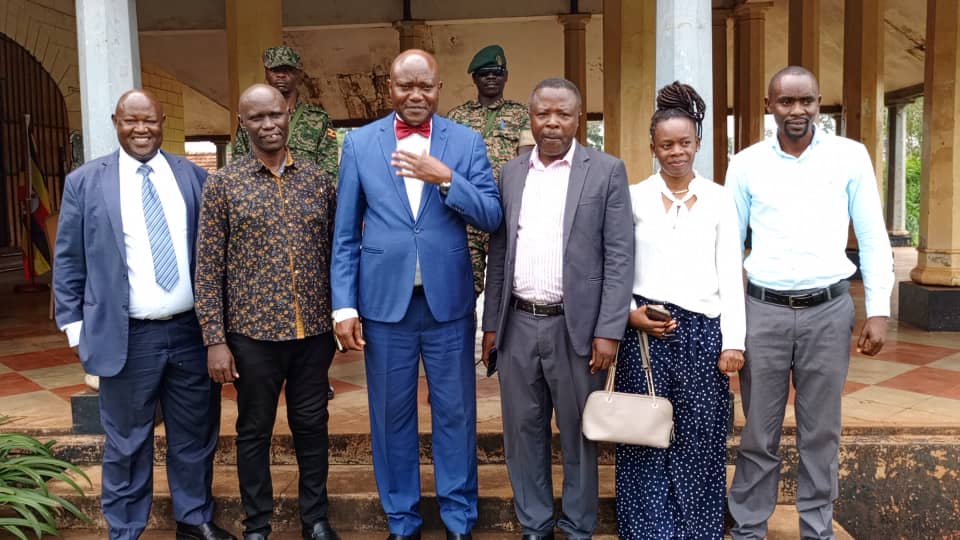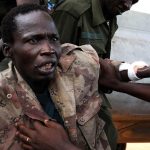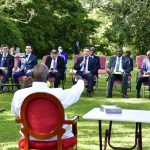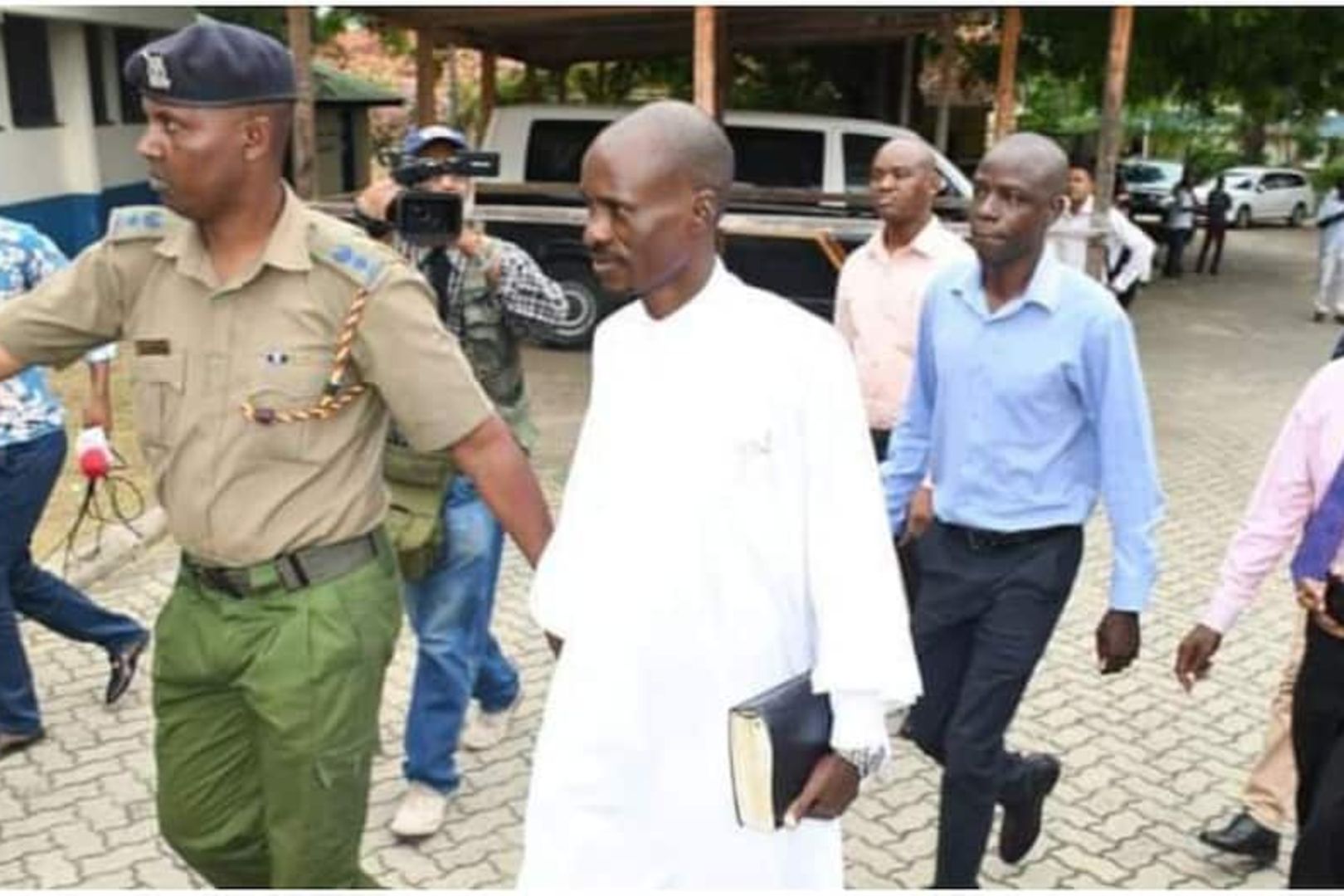Indigenous people of Bugisu origin, who were expelled in 1972 during Amin’s economic war, recently informed the Bugisu cultural leader, who was in London, that President Amin may have made the right decision in expelling them from Uganda. They claim that those who resettled in the United Kingdom are now owners of significant industries and factories, something that may have been difficult to achieve in Uganda.
The Bugisu people of Indian origin pledged to help fund the cultural institution of Bamasaaba in any way they can manage and committed to visiting Uganda, particularly Bugisu, where their placentas fell.
The Bugisu cultural leader, His Royal Highness Jude Mike Mudoma, recently concluded a two-week tour of the United Kingdom, where significant achievements were noted. This includes the imminent construction of the museum at the Mutoto cultural site, funded by the government of Wales, and the planting of 20 million trees in the Elgon region. Other areas of cooperation include health, where a number of ambulances have been provided to local governments in the region through a local NGO called PONT and the Baptist church.
The University of Bristol and East England also pledged to enhance cooperation in areas of cultural exchange and are expected to sign a Memorandum of Understanding (MoU) in February 2024 on various agreements in agriculture and education.
The Bamasaaba in the UK, under their organization IMUKA, also pledged to establish a future fund for the cultural institution to assist in the areas of education, tourism, and employment.
Journalists attached to the cultural institution, such as NTV’s David Wandeka, those from ELGON FM, BCU FM, Salt TV, TV East, Step FM, and OPG, The Ankole Times, Daily Express, and BiF, will receive training in cultural reporting under the Office of the Spokesperson.
The writer is a researcher and spokesperson, Inzuyamasaba. Tel: 0782231577.




















